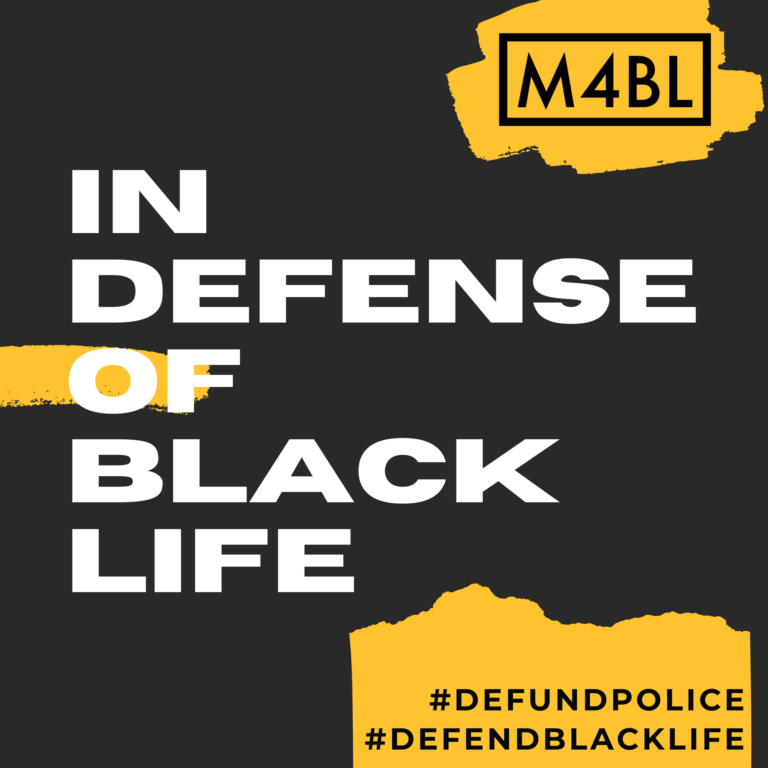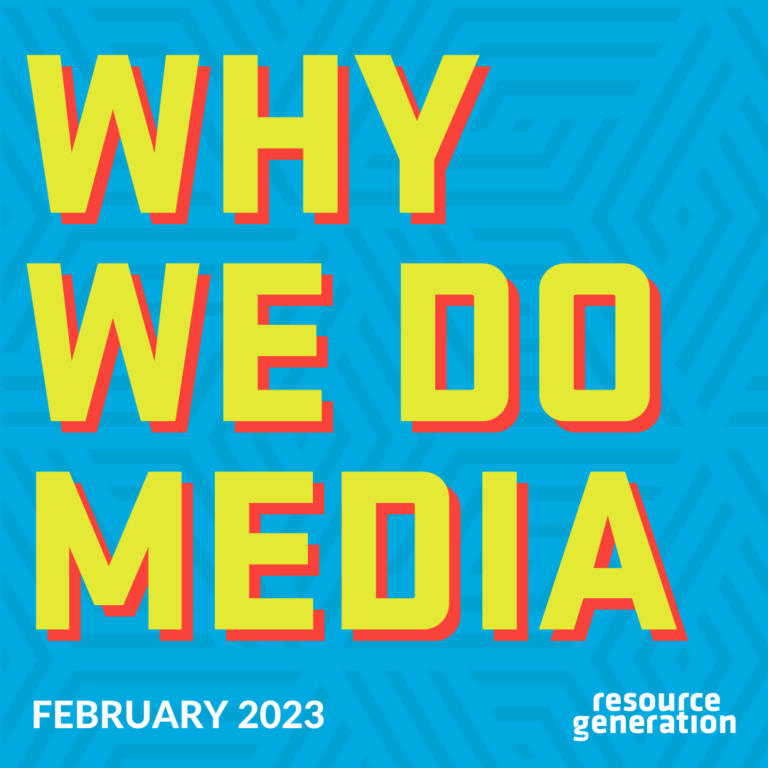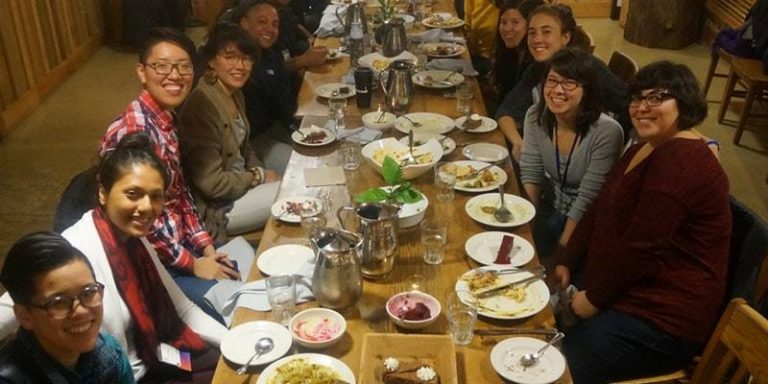How to Fight with Your Mom About Money
- When you’re young, really young, there’s nothing to fight about. She tells you what to do, and you do it. She tells you how the world is, and you believe her. When you’re six or seven, living in a three-story Palo Alto townhouse your parents bought for $630,000 in 2003 (worth $2 million today), you ask your mom, “Are we rich or are we poor?” “We’re somewhere in the middle,” she says firmly. You believe her.
- The summer before fourth grade, you move to San Francisco, where one third of kids, including you and your brother, attend private school. The city is noisy and smelly, and you’re shocked to see people sitting, laying, and living on the streets. In middle school, you take the train home, and a woman with wrinkled cheeks sits next to you. “Do you have any change?” she asks. You hesitate. “I’m so hungry,” she says, a bony hand rubbing her stomach. You nod and empty out your coin pouch into her unsteady palm, altogether less than two dollars, keeping your wallet with your dollar bills tucked away in your backpack. You still don’t see yourself or your family as rich, but you are aware of a level of poverty, of lack, that you hadn’t known before.
- In high school, you attend a four-week STEM summer camp. You crush on an engineering girl with red hair and strong calves from Bakersfield, an oil and agriculture city north of LA. After the camp ends, you spend many nights on the phone with her, and you mention that tuition for your private high school is $30,000 ($46,000 today). “That’s how much my family makes in a year,” she says.
- Senior year, you fill out a college application form for the UCs, and there’s an optional box asking for your household’s income. You grasp for a guess—two software engineers’ salaries—and type, $500,000. When your college counselor reviews your application, she deletes the number. “You don’t need to put that. It could only hurt you,” she says.
- Eventually, you go to Brown University which your parents pay for in full—an average of $80,000 a year for four years ($97,000 today)—and during orientation, you learn that one in five Brown students is from a family in the top 1% of income, likely including yours. You’re enrolled in a four-year community engagement fellowship where the majority of spots are reserved for low-income and first-generation college students. Your first friend group, through this fellowship, consists of the children of mechanics, waiters, babysitters, landscapers, home cleaners, and an incarcerated parent. As Thanksgiving approaches, several of your friends are struck by homesickness and stress at the rising cost of flight tickets. Most decide to stay on campus, but two remain conflicted. You listen as they agonize over what to do and watch as one friend lays her cheek on her open notebook, tears slipping over the bridge of her nose and down her temple. Your parents, on the other hand, will fly cross-country and stay in a hotel to visit you. You have $15,000 in savings from years of hongbao, miscellaneous part-time jobs, and a hefty 50% commission for selling your mom’s old Prius. In the face of your two friends’ heartache, you want to—you have to—do something with this money you don’t need and largely didn’t earn. After some awkward, surprised, and sincere conversations, they agree for you to pay part of one friend’s travel home and all of another’s airfare. In helping your friends, you’ve assuaged your class privilege guilt for now.
- Covid sends you home for an extended summer break. Activism around racial justice is reaching a peak, people are sick and dying, and Americans are donating more than ever before. You start confronting your parents about their money: Why do they donate to your high school? Do they realize they’re part of the top 5%, maybe the top 1%? Why do they own four properties (worth a total of $3.8 million today)? Why don’t they become section 8 landlords instead of private landlords? Why don’t they do more? Your dad is stoically silent. Your mom protests, incredulous. “We are not rich. We could lose everything at any moment. If your dad loses his job, we have nothing.” You’re incredulous back. If your dad loses his job, we still have a house, an apartment, a studio, a commercial property, stocks, a severance package, retirement accounts, savings, and each other.
- Your parents grew up regular-poor in communist China and immigrated to the U.S. in the ‘90s. They had little savings but were armed with electrical engineering degrees that proved increasingly lucrative in Silicon Valley. They succeeded in providing you the security and abundance they lacked, but all you can see is your mom’s scarcity mindset.
- Of course, there’s levels to wealth. We fixate on comparison and never feel safe or satisfied. There’s always a richer person to point to, hold up as an example of true wealth and stability, and strive to become or even surpass. Your dad is in a friend group of college classmates who all graduated from Tsinghua University and work tech jobs in the Bay Area. The richest one co-founded two cybersecurity companies and has a Wikipedia page, a mansion, two tennis courts in his backyard, a daughter on the Netflix reality show Bling Empire, and 7.2 billion dollars in net worth. It seems true then that your dad is just an employee who could be fired at any moment.
- When you return to Brown, a mentor figure tells you about Resource Generation, an organization getting young adults with wealth and class privilege to redistribute money. You look into it but get lost on the website and forget about it.
- The following summer, you’re back home fighting with your mom about money. “Ingrid,” your mom says in your bedroom one night, “I refuse to become a burden on you or your brother.” Your mom embodies the trope of eldest immigrant daughter. She sponsored her parents and her brother for immigration to the U.S., bought an apartment for her parents, and co-bought a house for her brother all while nurturing a tense relationship with the three of them. Although she has never labelled her parents as abusive, she has certainly described abusive acts of theirs. That evening, you understand that her family has been a burden on her, financially and emotionally, and you can see how her unending chase for money is a way to protect you from inheriting her burden. You want to tell her that she did it, she has enough, she has kept you safe, but while you believe it so strongly you feel like you know the future, you cannot guarantee anything. She’s right. Anything could happen at any moment.
- A year later, as fate will have it, students at Brown launch a college chapter of Resource Generation. In your last semester of college, you join Praxis, a series of meetings to talk about wealth and to challenge each other to redistribute.You meet the facilitator and two other Praxis participants in an old classroom, and you drag four chair desks across the uneven wooden floor and sit in a small circle. The facilitator shares her “money story”: Her parents immigrated to the U.S., work as a dentist and a law firm partner, own a $4 million home, sent her to a private high school (whose tuition is $64,000 today), give her a monthly allowance of $500, and share your parents’ scarcity mindset. I was stunned. Not by her family’s wealth which sounded comparable to mine, but by her honesty which, because it was about money, could be mistaken for bluntness. Then, you and the other participants share your own money stories. Your cheeks turn pink while you tell yours, but by the end you are relieved. You’ve always prided yourself on your honesty, and it’s only after verbalizing numbers and experiences that you realize how much you conceal.
- Towards the end of Praxis, you are introduced to the Giving Plan, a spreadsheet with dropdowns and pivot tables to record how much money you’ll commit to giving away annually and to which organizations. You stare at the blank spreadsheet before you.
- In a couple years, when you’ve graduated college and joined your local Resource Generation chapter, you’ll meet RG members who have already inherited amounts ranging from $10,000 to $1,000,000. You’ll meet people who can trace their family wealth to the enslavement of African people or to the land disenfranchisement of Indigenous people and who commit to redistribution as reparations for these oppressions. You’ll consider your parents’ decision to immigrate, making you an American citizen and setting you up to inherit half their wealth when they die. While your family’s “new money” is untainted by historical violence, it is wealth inequality itself—having excess while other people live in poverty—that must be repaired. One day, you’ll look around and see famine in Sudan, genocide in Gaza, deportations across the United States, poverty everywhere. It is not enough for you to have enough. Yes, your dad could lose his job and anything could happen at any moment, but atrocities are happening to people right now. The stability of class privilege extends beyond how much money you have and encompasses your education, ability to self-advocate, and social circles—these interdependent relationships that you can lean on and be leaned on for. These are the thoughts and reflections you will work through for years to come. For now, in your final semester of college, uncertain but curious, you start filling out your first Giving Plan.
This piece was written by Ingrid Ren. She enjoys being in water, predicting movie plots, and meticulously peeling grapefruits the way her dad taught her to.





